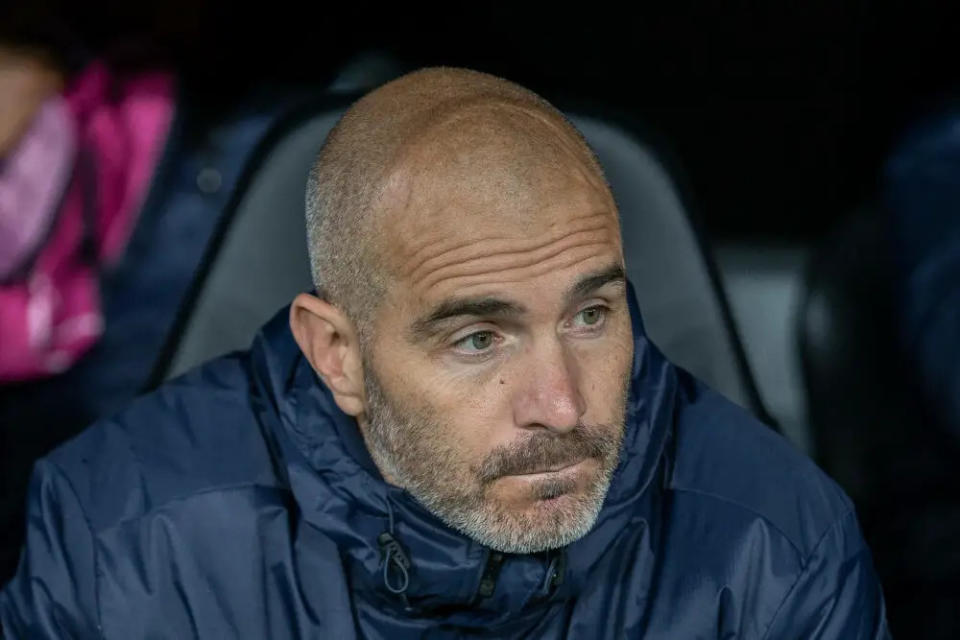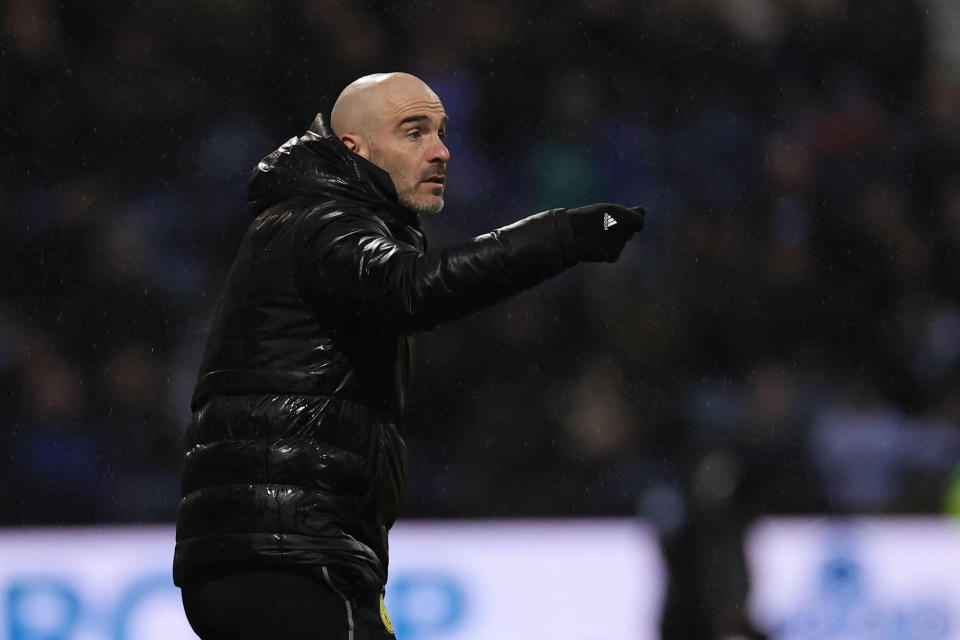“It Won’t Change Anything” – Frank Lebeouf Dismisses Chelsea’s Enzo Maresca Appointment

Navigating Chelsea’s New Chapter: Enzo Maresca’s Arrival and Its Implications
Initial Reactions to Maresca’s Appointment
Frank Leboeuf, the former Chelsea defender, has expressed scepticism about the recent managerial appointment at Chelsea, reflecting on the underlying issues that persist at the club. Lebeouf was speaking to EPL Index in association with BoyleSports, who offer the latest Euro 2024 betting.
As Enzo Maresca steps into the role, taking over from Mauricio Pochettino, the prevailing sentiment seems mixed. Leboeuf poignantly remarks, “I don’t know Enzo Maresca very well and I wish him all the best, but I genuinely believe it won’t change anything.”
This comment underscores a crucial point: the problem at Chelsea is perceived to be more about the players on the pitch rather than the coach himself. Despite Pochettino’s efforts which saw the team finish sixth at the end of the season, Leboeuf believes that without the right players, even the best tactical minds might struggle.
Analysing the Squad Depth and Recent Signings
Leboeuf’s critique extends to Chelsea’s recent transfer strategies. The acquisition of players like Enzo Fernandez and Caicedo for a whopping combined total of £220 million has raised eyebrows, particularly when these players are “not even at the top of their countries,” according to Leboeuf. This brings to light questions about the recruitment policy and whether it aligns with the club’s long-term ambitions.

The concern here is two-fold: Are substantial investments translating into tangible improvements on the pitch? And, is there a deeper structural issue at Chelsea that new signings alone cannot fix?
Role of a Manager in Modern Football
The arrival of Maresca might bring a fresh tactical approach, but as history has often shown, a manager’s impact can be limited without the right support from the club’s hierarchy. The emphasis on managerial changes often overshadows the need for a consistent and coherent player strategy. As Leboeuf suggests, the recurrent problems Chelsea faces are predominantly “on the field.”
This viewpoint is essential in understanding the cyclical challenges at Chelsea—where expectations from new managerial appointments are high, yet the core issues stem from deeper within the squad and perhaps, the club’s strategic direction.
Looking Forward: Potential for Change
Despite the scepticism, the arrival of a new coach always brings a new hope. Maresca, known for his analytical approach and understanding of the game, could potentially surprise many by shaping a team that defies the odds. The real question is whether he will be given the latitude to reshape the squad to fit his vision and whether the club will align its recruitment strategy to support his footballing philosophy.
For Chelsea, as for any major football club, the path to success is a blend of strategic signings, managerial brilliance, and above all, a clear direction from the club’s owners. It’s crucial that all elements align to break the cycle of underperformance that has plagued the team despite significant financial outlays.
As Chelsea fans and observers alike watch closely, the unfolding season under Maresca will be telling. Will it be another chapter of the same story, or are we witnessing the beginning of a new era at Stamford Bridge?
In conclusion, while Frank Leboeuf’s insights reflect a guarded optimism, they also highlight the complexities of football management where success is not just about the name of the coach but the collective strength and strategy of the team. As Maresca embarks on this new journey, only time will tell if he can turn the tide and bring back the glory days to Chelsea.

 Yahoo Sports
Yahoo Sports 
